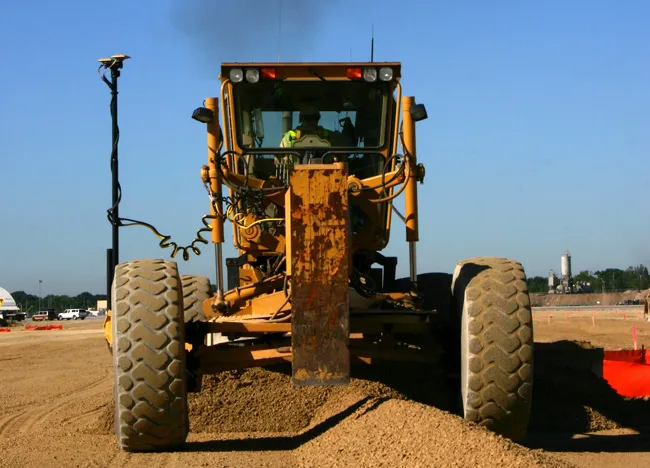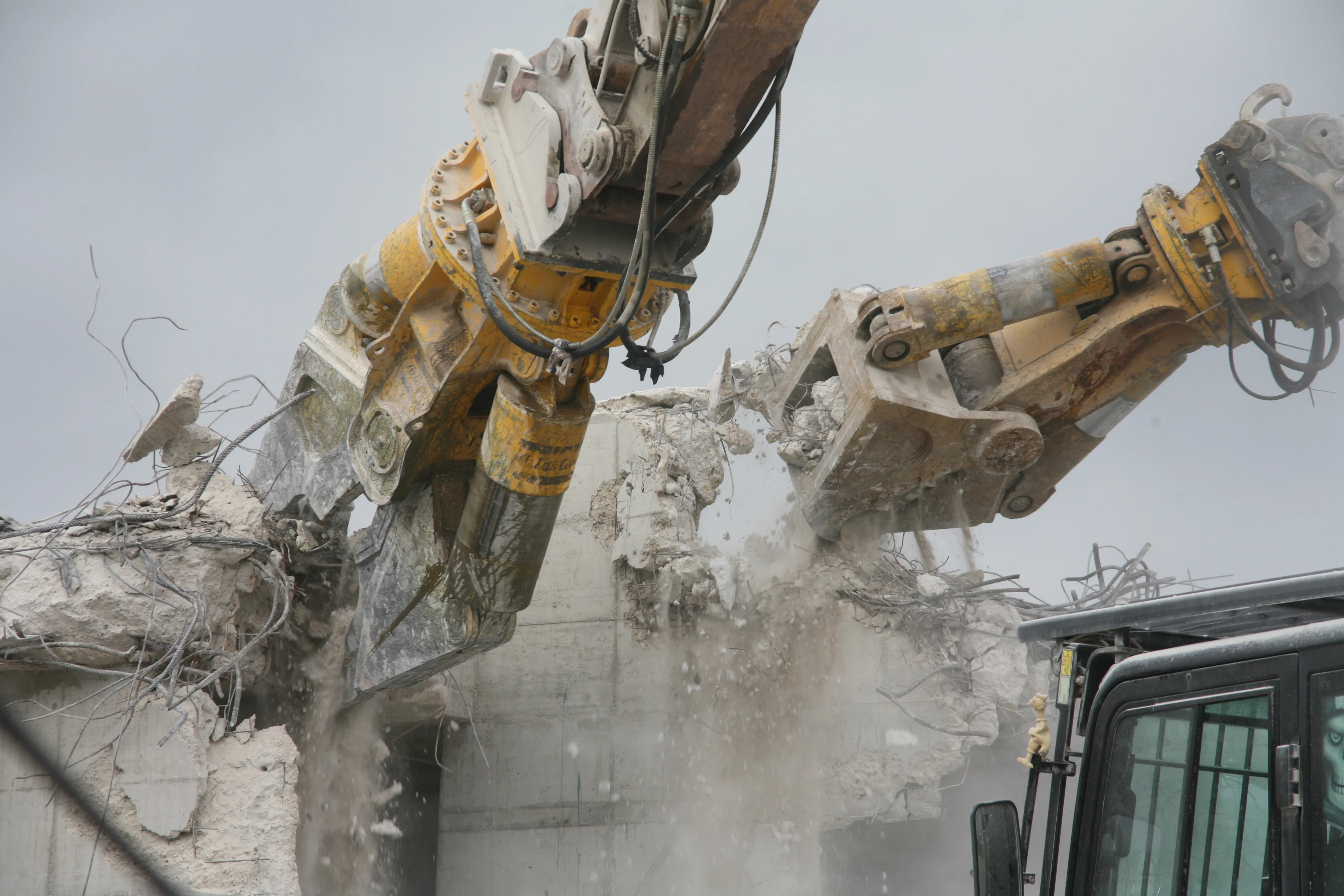
The EU’s internal market must become truly a single market as well as a digital one. But there are storm clouds on the horizon. Europe’s single market is either threatened by political events of the past several years or about to become more secure because of it. That was the nub of an impassioned economic forum panel discussion.
US president Donald Trump’s America First policies, the UK’s exit from the country’s largest single market – the
Time could be running out for the single market, said Vladimiro Giacchè, president of Centro Europa Ricerche, a Rome-based research institute in applied economic analysis focusing on the central issues for Italian and European economic policy. He said recent political events and a general anti-globalisation could indicate that governments are considering more protectionist economic policies.
But beware of protectionist policies that impose tariffs on manufactured goods, warned Stefan Collignon, professor of political economy at Sant’Anna School of Advanced Studies, an applied science university in Pisa, Italy. The euro economy is working, he told attendees. It is a trans-national currency owned by Europeans operating in a single European market – their own market.
The night before the panel discussion,
Industry speakers broadly welcomed the upcoming
Attendees of the technical forum on the second day heard how a joint European approach is needed to develop a world-class digital construction sector. The sector is operating below its digital potential. Within the next few years, companies need to adapt their organisations.
The time for a company to adapt or die may be shorter than many people in the sector believe. A bigger digital transformation in the construction equipment industry will come as building projects go digital through building information modelling - BIM. Sue Arundale, director technical and environmental affairs at FIEC, the
Arundale said competitiveness for machine manufacturers may come down to how well their equipment’s data can be interfaced with BIM. Data from equipment will build up and project designers and main contractors will get increasingly sophisticated in their demands. In this scenario, to win contracts, a company will need sophisticated digitised machines that are more transparent to their clients in terms of performance, breakdowns and costs. OEMs must find new strategies to cope with this desire for greater transparency, she told attendees.
However, for this to happen, there must be some agreement among OEMs to standardise digital networking solutions, explained Geert Maes, senior manager of the standards department at CEN-CENELEC - the European Committee for Standardisation (CEN) and the European Committee for Electrotechnical Standardisation (CENELEC).
But, with all things internet, beware of cybercrime, warned Lanfranco Marasso of the Brussels-based not-for-profit European Cyber Security Organisation. He called for a framework to manage security risks that affect any built asset, from major building to a smart highway. A contractor whose entire equipment fleet is operating digitally might be open to cybercrime. The EU and the member states need to create the respective digital framework like high-speed data lines or open standards for data exchange.
*The CECE - Committee for European Construction Equipment - represents the interests of 1,200 construction equipment manufacturers through national trade associations in 13 European countries; Germany, UK, France, Italy, Spain, Czech Republic, Sweden, Finland, Netherlands, Belgium, Austria, Russia and Turkey. The CECE Summit is a biennial central networking event for construction equipment manufacturers, politicians, representatives of suppliers, dealers, contractors and rental companies.








